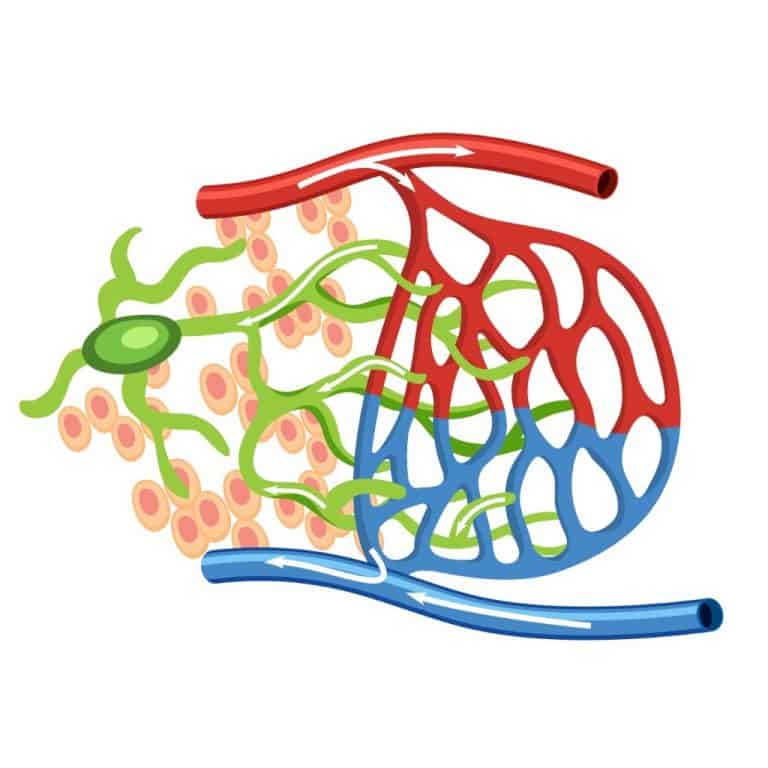Welcome to our lymphatic fluid quiz! Have you ever wondered about the clear, watery substance that flows through your lymphatic system? In this quiz, we will explore the importance of lymphatic fluid in maintaining a healthy immune system and overall well-being.
Lymphatic fluid plays a crucial role in carrying white blood cells, proteins, and waste products throughout the body. As part of the lymphatic system, this fluid helps to filter out harmful substances and fight off infections. So, get ready to test your knowledge and learn more about the amazing world of lymphatic fluid!
Play Lymphatic Fluid Quiz
Instructions
- This quiz is multiple choice.
- Read each question carefully before selecting an answer.
- Choose the best answer for each question.
- You will see the missed questions with correct answers at the end of the quiz.
Quick Facts
- Lymphatic fluid is a clear, watery liquid that travels through your lymphatic system.
- It helps transport white blood cells, proteins, and other important substances throughout your body.
- Lymphatic fluid plays a crucial role in your immune system, helping to fight off infections and diseases.
- This fluid is produced in your lymph nodes, which act as filters to remove waste and toxins from your body.
- When lymphatic fluid becomes blocked or stagnant, it can lead to swelling and a weakened immune response.
- Exercise and massage can help stimulate the flow of lymphatic fluid and improve circulation.
- Drinking plenty of water is important for maintaining a healthy balance of lymphatic fluid in your body.
- Lymphatic fluid also helps to remove excess fluids and waste products from your tissues.
- The lymphatic system is a network of vessels and nodes that work together to transport and filter this important fluid.
- Keeping your lymphatic fluid flowing smoothly is essential for overall health and well-being.
Downloads
Study Tips
- Create a study schedule and stick to it.
- Find a quiet and comfortable study environment.
- Remove distractions such as phones and social media.
- Take breaks every 25-30 minutes to avoid burnout.
- Use active studying techniques like summarizing, highlighting, and teaching concepts to someone else.
- Practice retrieval by testing yourself with flashcards or practice quizzes.
- Stay organized with notes, study guides, and resources.
- Stay hydrated and eat brain-boosting foods like fruits, nuts, and whole grains.
- Get enough sleep to improve memory retention and cognitive function.
- Reward yourself for reaching study goals to stay motivated.
